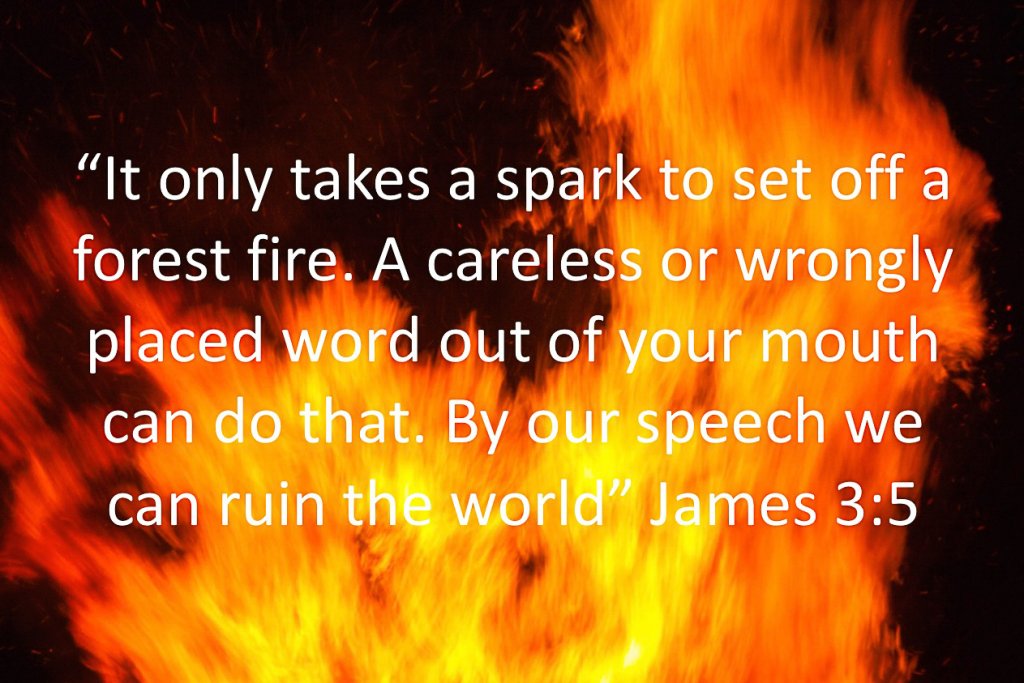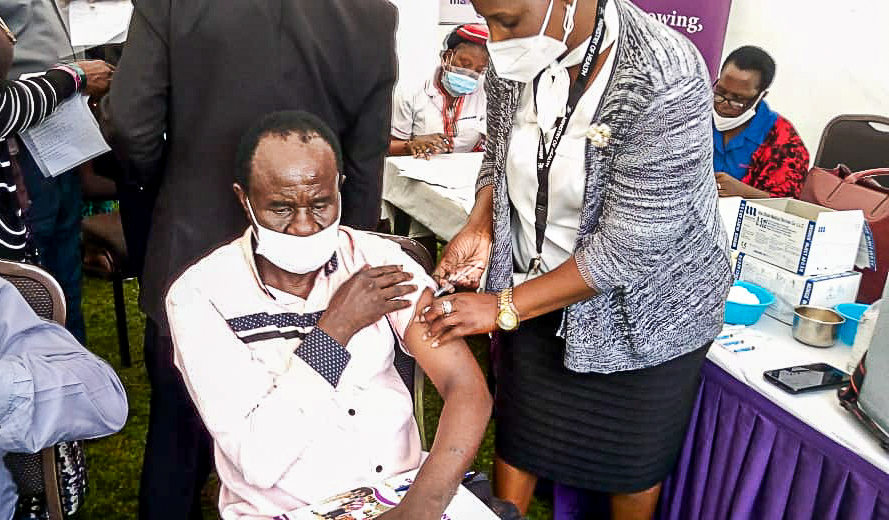The Anglican Alliance is currently working on two dimensions of the Covid-19 vaccine roll-out: advocacy on equitable global access to vaccines and sharing information to help overcome vaccine hesitancy.
In part 1 of these two companion pieces on overcoming vaccine hesitancy, we looked at common questions and concerns that might make people cautious about having a Covid-19 vaccination. Here, in part 2, we address some of the myths about vaccines that are flooding social media and doing enormous harm, spreading alarmist falsehoods.
Before looking at some of the common myths, it’s worth noting that false news spreads further and faster than the truth on social media. A 2018 study showed that, on Twitter, “the top 1% of false news cascades diffused to between 1000 and 100,000 people, whereas the truth rarely diffused to more than 1000 people. Falsehood also diffused faster than the truth. The degree of novelty and the emotional reactions of recipients may be responsible for the differences observed.”
 These observations would not surprise our spiritual ancestors. As Proverbs 18:8 says, “The words of a talebearer are like tasty morsels that go down into the inmost being.” And the writer of the book of James observes, “It only takes a spark, remember, to set off a forest fire. A careless or wrongly placed word out of your mouth can do that. By our speech we can ruin the world” James 3:5 (The Message).
These observations would not surprise our spiritual ancestors. As Proverbs 18:8 says, “The words of a talebearer are like tasty morsels that go down into the inmost being.” And the writer of the book of James observes, “It only takes a spark, remember, to set off a forest fire. A careless or wrongly placed word out of your mouth can do that. By our speech we can ruin the world” James 3:5 (The Message).
Spreading false news about vaccines undermines confidence and uptake, endangering lives and livelihoods. It is important only to share information from trustworthy sources and to use a fact checking site (such as Snopes or Full Fact) if in doubt. UNICEF has a very helpful vaccine misinformation guide which includes information on why people are susceptible to misinformation, why misinformation is so hard to shift, why people create vaccine disinformation and how to manage it.
The following facts, which address false news about vaccines in general and Covid-19 vaccines in particular, are drawn from the World Health Organization, the International Christian Medical and Dental Association and the fact-checking site FactCheckNI. Links are provided to sources and more information. A more comprehensive selection of myths and facts is provided in each of the links above and also here and here.
Myth: Covid-19 vaccines have not been tested properly. False.
Fact: The approved Covid-19 vaccines have undergone all the rigorous and independent safety and efficacy testing required for all new medications in developed countries. It has just happened faster than normal because of unprecedented levels of cooperation and funding. If anyone feels sick or has serious complications after being vaccinated, also known as adverse effects, these are reported immediately so that vaccine safety is continuously checked. See more here and here.
Myth: Covid-19 vaccines can change human DNA. False.
Fact: Some of the Covid-19 vaccines (such as the Pfizer and Moderna vaccines) are messenger RNA vaccines. The mRNA molecules instruct cells to make coronavirus spike protein. This protein triggers the body’s immune system, resulting in immunity to the coronavirus. Messenger RNA cannot turn into DNA, nor can it change our DNA. The mRNA molecules do not persist for more than a few hours in the body. See more here and here.
Myth: The Covid-19 vaccines insert a microchip that can be used for covert surveillance. False.
Fact: This widely circulated conspiracy theory is not true. In this article, Professor John Wyatt explains the origins of the myth. As WHO say, “This is technically impossible and does not take place”.
Myth: Covid-19 vaccines cause infertility. False.
Addressing this question in a WHO podcast, Dr Katherine O’Brien (biography here) said, “The vaccines we give cannot cause infertility. This is a rumor that has gone around about many different vaccines and there’s no truth to the rumor. There’s no vaccine that causes infertility.”
Professor John Wyatt (biography here) explains the theoretical basis of this idea here.
Myth: vaccines contain harmful chemicals such as mercury. False.
Dr. Katherine O’Brien says, “This is a myth. The vaccines that we have are safe vaccines. All the components that go into vaccines are heavily tested to be sure that everything that is in there, at the dose that is in there, is safe for humans. The vaccines do contain a number of different elements and each of them is tested. Before they’re ever given to a human, they’re tested in animals and they’re tested for any kind of problem in the animal. And only then do they go into humans where we test in clinical trials with tens of thousands of people receiving the vaccines eventually before they’re authorized for use in the general public. And safety is the most important part of those clinical trials. Every single vaccine goes through a safety evaluation to be sure that it’s safe before it’s used in the general public. In addition to that, the manufacturing of the vaccines has a constant oversight of quality so that every single ingredient that goes into the vaccine is assured to be of the highest quality and safe for use in humans.”
Myth: The Covid-19 vaccines contain materials from aborted foetuses. False.
Fact: No Covid-19 vaccines contain cells from aborted foetuses. Some vaccines have been manufactured using a cell line derived from an aborted foetus, but the vaccine itself does not contain foetal material. Messenger RNA vaccines are manufactured in a laboratory without the need for live cells (although cell lines were used in their development, but again foetal material is not contained in the vaccine). The cell line most commonly used in Covid-19 vaccine development and manufacture comes from a foetus aborted in the 1970s. The abortion was carried out for other reasons (i.e. not for the purpose of vaccine research). The cell line itself was originally developed for cancer research and has been used as “mini factories” for the rapid growth and multiplication of the modified adenovirus used in the Covid-19 vaccine. Read more here and here.
Because of the use of a foetally-derived cell line, some people have questioned the ethics of the vaccines. Responding to such concerns, the Church of England’s Covid-19 Recovery Group wrote in December 2020, “We concur with the Pontifical Academy for Life’s conclusions that the morality of voluntary abortion and the morality of using aborted foetal material are not conjoined so that ‘we believe that all clinically recommended vaccinations can be used with a clear conscience and that the use of such vaccines does not signify some sort of cooperation with voluntary abortion’”.
Dr Elizabeth Perry, the Anglican Alliance’s Communication and Advocacy Manager, who is a former immunologist, says, “The cells being used now are innumerable generations removed from the source material. Whatever one feels about their origin, the cells are undoubtedly doing good now. They have enabled the development of a vaccine that will save many thousands of lives and that will protect people from the loss of loved ones, livelihoods and normal life. For me, there’s something deeply moving and life-giving about that – joy from sadness, life from death. Refusing the vaccine on the basis of ‘ethical taint’ does nothing to protect life. Indeed, it does the opposite: lower vaccine uptake will prolong the pandemic, putting people at risk. As in Scripture, Romans 13:10 states, ‘love does no harm to a neighbour’ and Jesus so clearly calls us to love our neighbours.”
Since the beginning of the pandemic, the Anglican Alliance has been convening a global Covid-19 task force to monitor the impacts of Covid-19 across the Communion and churches’ responses to it. We have Covid-19 hubs in English, Spanish, French and Portuguese with a wide array of spiritual and practical resources.

